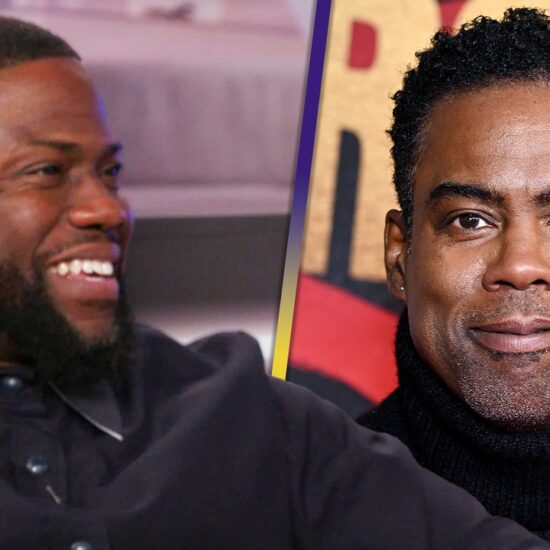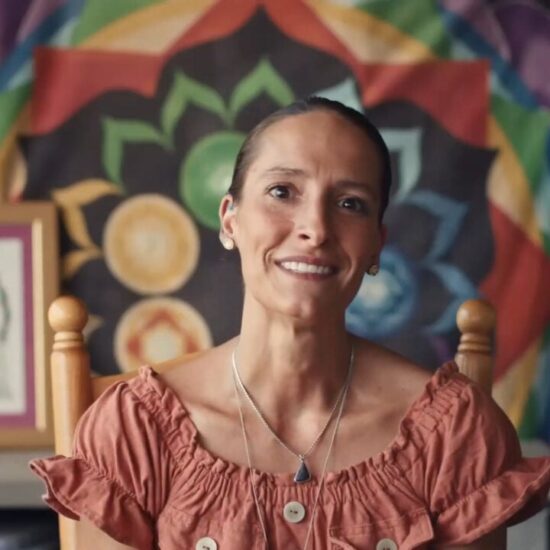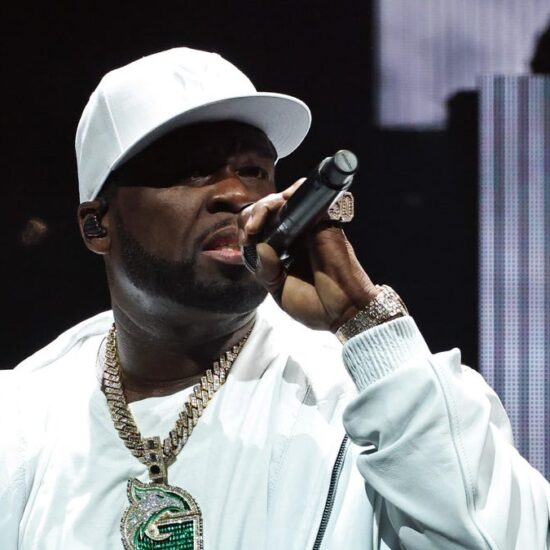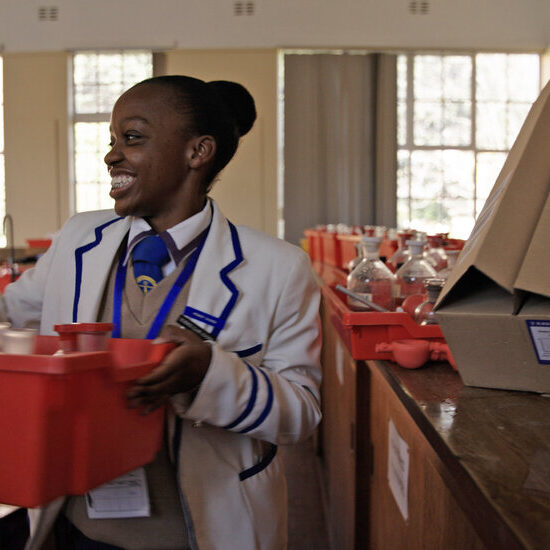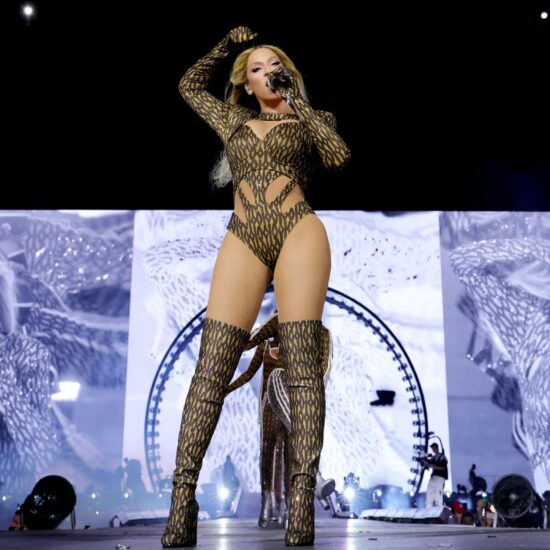
The 26th edition of the Ji.hlava Intl. Documentary Film Festival is back at full strength – and not shying away from controversy this year, says its director, Marek Hovorka.
“It’s really a full festival edition,” he says. “Last year it was maybe still in the shadow of the pandemic. Even so, people really enjoyed that it is the meeting point for audiences and filmmakers and professionals.”
But this time around, things have bounded back to new levels, he observes. “It’s really a full edition. We feel it’s really a very, very strong program. We’re very happy with all the competitions, all the sections – we have 376 films and also many shorts. It really shows that documentary film is strong: It survived.”
Part of the bounty is the first fest appearance of many films that were postponed during the COVID shutdowns, Hovorka says. “They are released now. Also many films that were born during the pandemic are now finished – so it’s like two editions in one.”
The fest’s reputation for progressive politics and inclusive discussion is also back on full display, Hovorka says.
“If we think in terms of themes for this year’s Ji.hlava, there’s a strong topic related to ethics – ethics in filmmaking, because we have started to organize a conference on ethics in documentary filmmaking. And this year the question is the power: the constellation of the crew but also the power between the director and the social actor, the characters.”
The question of who has power in documentary making can lead to revealing discussions, Hovorka adds. “This is not an obvious thing,” he says. “What’s the relationship between the director and the character?”
Panels on this question, among others, will be in two parts, Hovorka says, one led by academics, the other by film professionals with a keynote talk open to audience questions on Oct. 27 by Patricia Aufderheide, whom he calls “one of the biggest experts on the issue of ethics in documentary filmmaking.”
A professor of the School of Communication at American University in Washington DC, Aufderheide is a figure known for “seriously thinking about ethics in documentary film.”
Others in the filmmaking process, from those on set to the backers, also have power with an ethical dimension, Hovorka adds. “There are many impacts on the result. Social questions, financial questions related to sharing the power and giving the power.”
Film festivals also face knotty ethical issues, he adds, something that has come to light in the wake of Russia’s war on Ukraine as calls for a ban on Russian-made films have grown.
“It’s a huge discussion all around the world and it showed the power of curators. They are real gatekeepers of showing something or not showing something, of focusing on something or not, leaving it in the shadows.”
“Should festivals censor films?,” asks Hovorka. “Should they ban films or not? There are many things that are not part of the visible part of cinema.”
More than 50 guests involved in running and programming film festivals will meet in the small Czech town that gives Ji.hlava its name this year, he says, building on a tradition of debates over the role and identity of such events. “What’s the position of film festivals today?” he asks. “It’s the position of curators.”
Facing some of the same dilemmas itself, Ji.hlava this year took on an ethical debate over one of its most prominent films, Ulrich Seidl’s “Sparta.”
The Austrian director’s new film, whose main character is a man attracted to young boys, has stirred up controversy with some charging that kids were exploited while filmed bathing and playing in the story’s fortress setting.
“We in the end decided, after huge discussions about it, that we will screen ‘Sparta’ because we have been following Ulrich Seidl’s films for years. Some years ago he had a masterclass at the festival. So in a way we feel responsible for supporting this way of filmmaking.”
Ji.hlava opted to screen the film as a way “of continuing the discussion,” Hovorka says. “If the film would be just hidden somewhere, that would mean that the discussion is closed.”
Running through Oct. 30, the Ji.hlava fest will host some 1,300 film professionals in its industry program, which features a score of sessions and panels on documentary development, production and distribution and the annual recognition and celebration of filmmakers on the rise in its Emerging Producers mentoring program.








